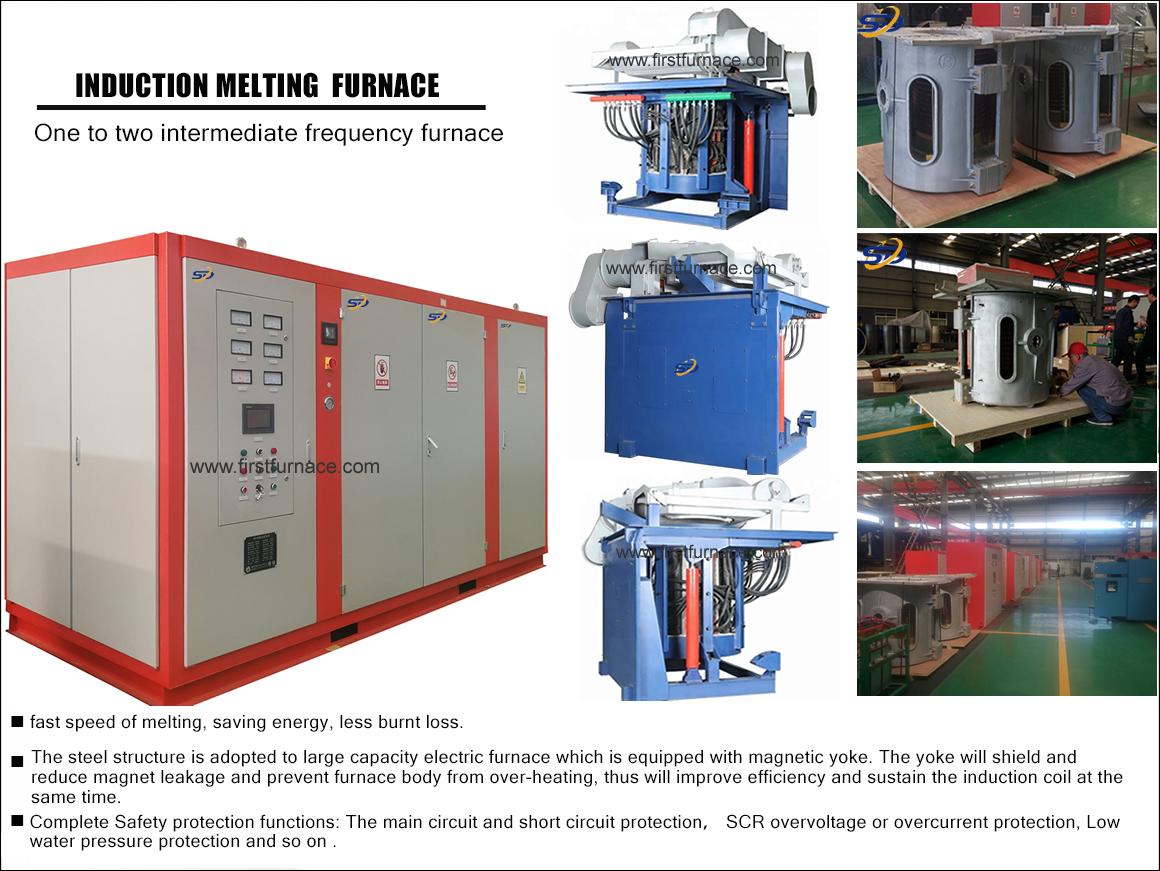Sales hot line ( 24 hours service):+86 13015583380
E-Mail: firstfurnace@gmail.com
whatsapp:+86 13015583380
Adress: Luoxin Industrial Park, Luoyang, HenanLarge diameter steel pipe quen
Piston rod quenching and tempe
Grinding rod quenching and tem
High frequency induction heate
Quenching equipment for machin
Round steel end heating furnac
Steel pipe heat treatment prod
Square steel quenching and tem
Sucker rod quenching and tempe
Thickened petroleum steel pipe
Round steel quenching and temp
Steel pipe quenching and tempe
Steel plate quenching and temp
Induction Hardening Machine&nb
Flywheel ring gear high freque
Operation steps of venting of industrial chiller of freon system
1. The venting operation steps of the industrial chiller of the Freon system
1. Close the outlet valve of the accumulator or the outlet valve of the condenser;
2. Start the compressor and collect the refrigerant in the low-pressure section into the condenser or accumulator;
3. After the low pressure system pressure drops to a stable vacuum state, the machine will stop;
4. Loosen the screw plug of the bypass hole of the exhaust shut-off valve and turn it about half a turn. Block the exhaust airflow with the palm of your hand. When the hand feels cold air and oil stains on your hand, it means that the air has been basically exhausted. Tighten the screw plug, reverse the exhaust valve stem, and close the bypass hole.
5. It should be noted that the time of each deflation should not be too long, and it can be performed continuously for 2 to 3 times to avoid wasting refrigerant. If there is a backup shut-off valve on the top of the condenser or accumulator, the air can also be discharged directly from the valve.
2. Operation steps of venting industrial chiller of refrigerant refrigeration system
1. When using an air separator to discharge air, place the return valve of the air separator in a normally open state to reduce the pressure of the air separator to the suction pressure, and all other valves should be closed.
2. Properly open the mixed gas inlet valve to allow the mixed gas in the chiller refrigeration system to enter the air separator.
3. Slightly open the liquid supply valve to throttle the refrigerant into the air separator to vaporize and absorb heat to cool the mixed gas.
4. Connect the rubber hose used for the air release valve interface so that one end is inserted into the water in the water container. When the refrigerant in the mixed gas is cooled into ammonia liquid, frost will form on the bottom of the air separator. At this time, the air valve can be slightly opened to discharge the air through the water container. If the bubbles are round in the process of rising in the water, and there is no volume change, the water is not turbid and the temperature does not rise, then air is released. At this time, the opening of the air release valve should be appropriate.
5. The refrigerant in the mixed gas is gradually condensed into refrigerant liquid and accumulated at the bottom. The liquid level can be seen from the frosting condition of the shell. When the liquid level reaches 12, close the liquid supply throttle valve and open the liquid return throttle valve. The bottom refrigerant liquid is returned to the air separator to cool the mixed gas. When the bottom frost layer is about to melt, close the liquid return throttle valve and open the liquid supply throttle valve.
6. When stopping the air discharge, first close the air discharge valve to prevent the refrigerant from leaking out, and then close the liquid supply throttle valve and the mixed gas inlet valve. In order to prevent the pressure in the air release device from increasing, the return valve should not be closed.
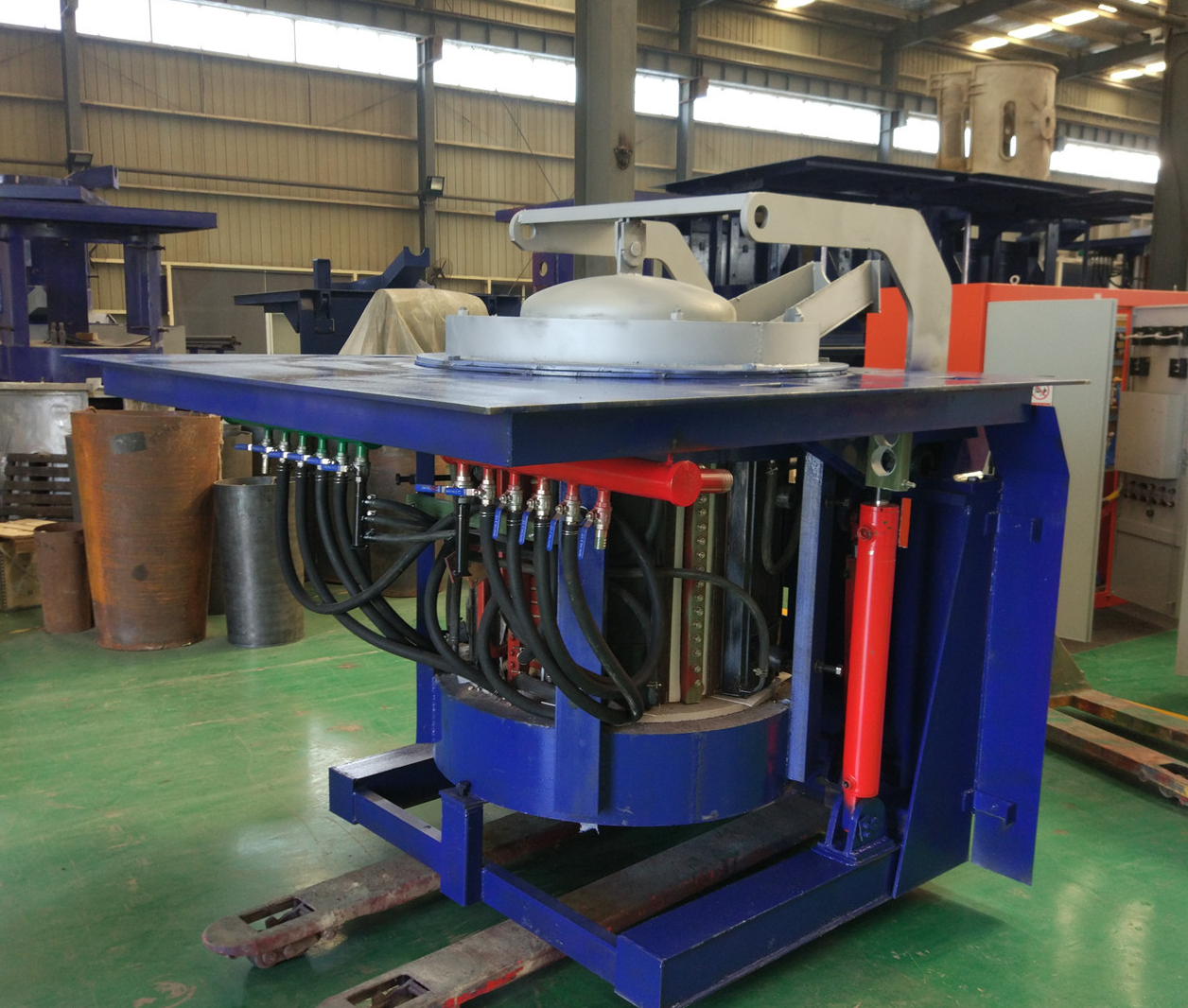
Iron induction furnace
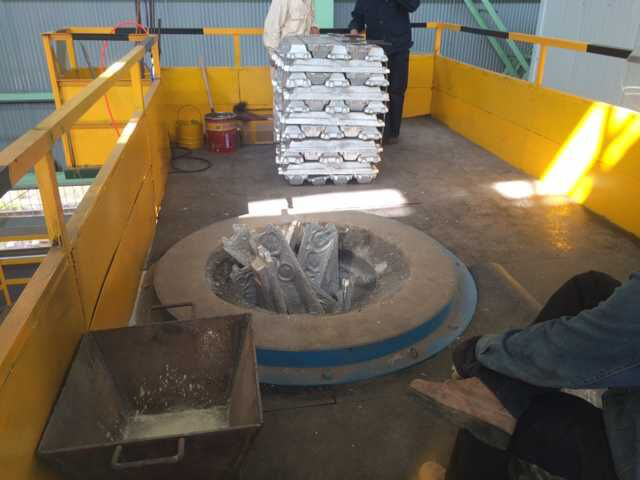
Aluminum melting furnace
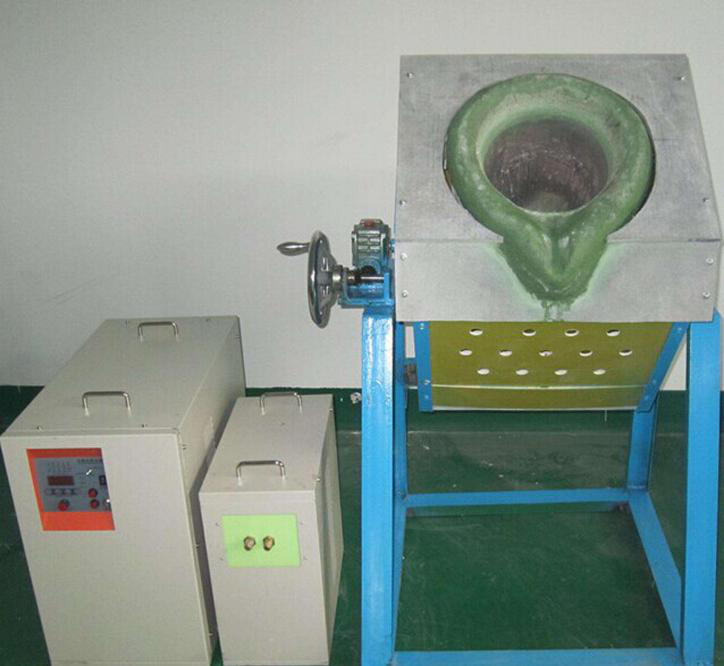
Copper melting furnace
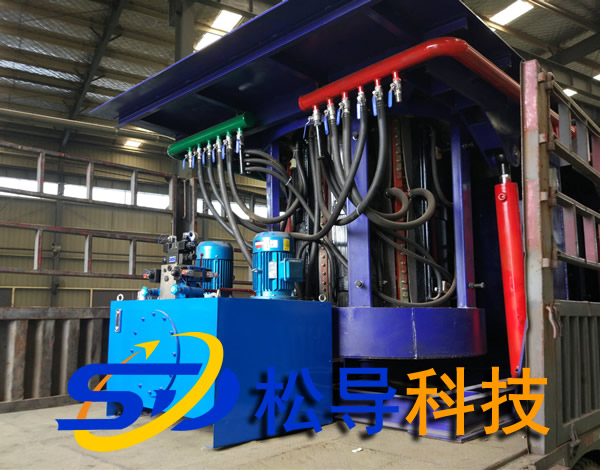
Small steel melting furnace
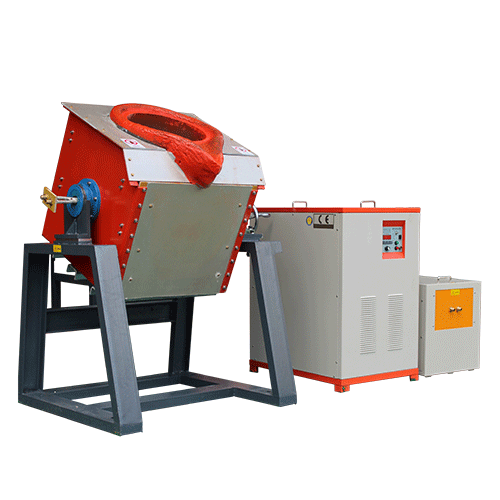
Small induction melting furnace
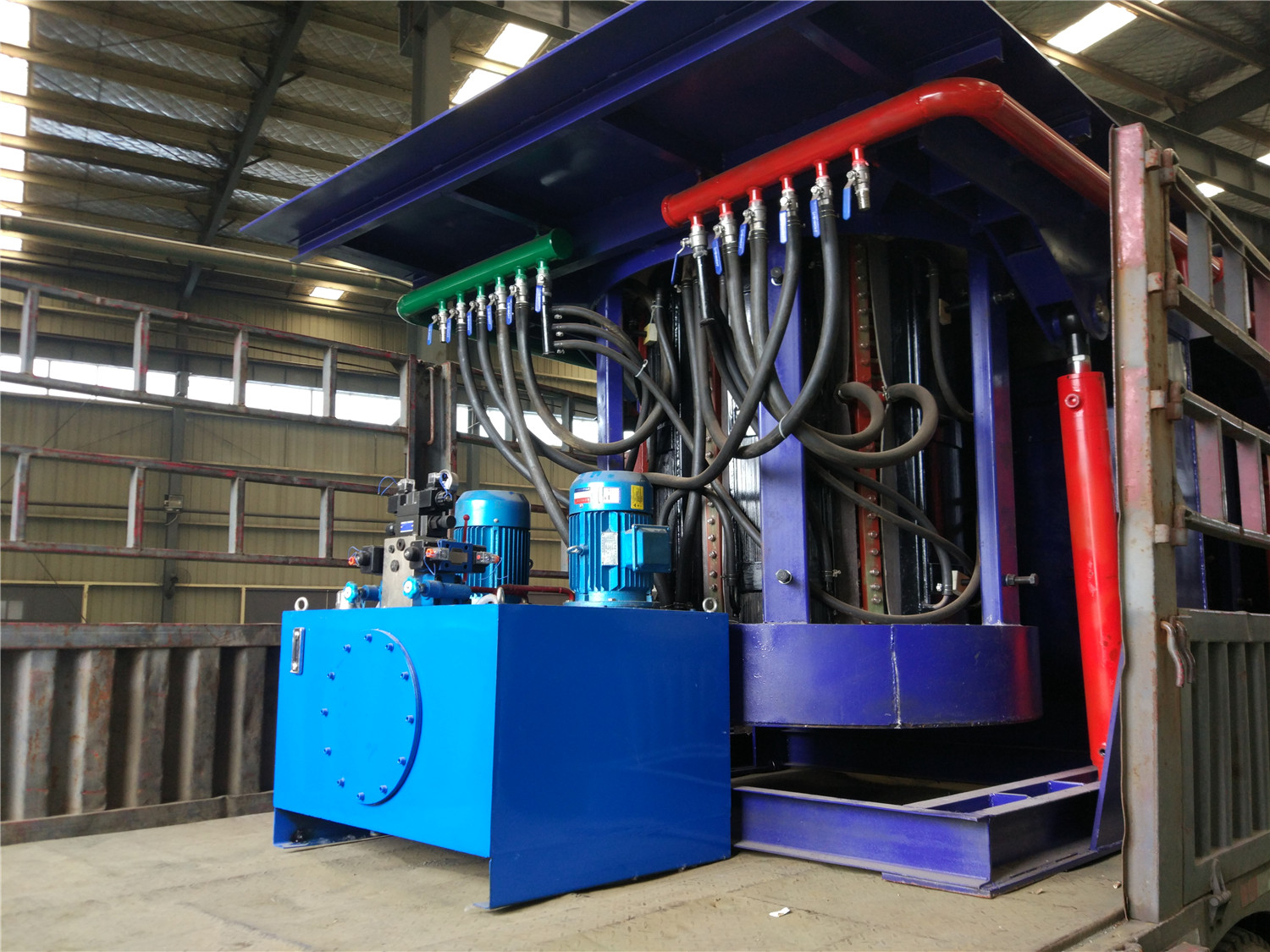
Induction iron furnace
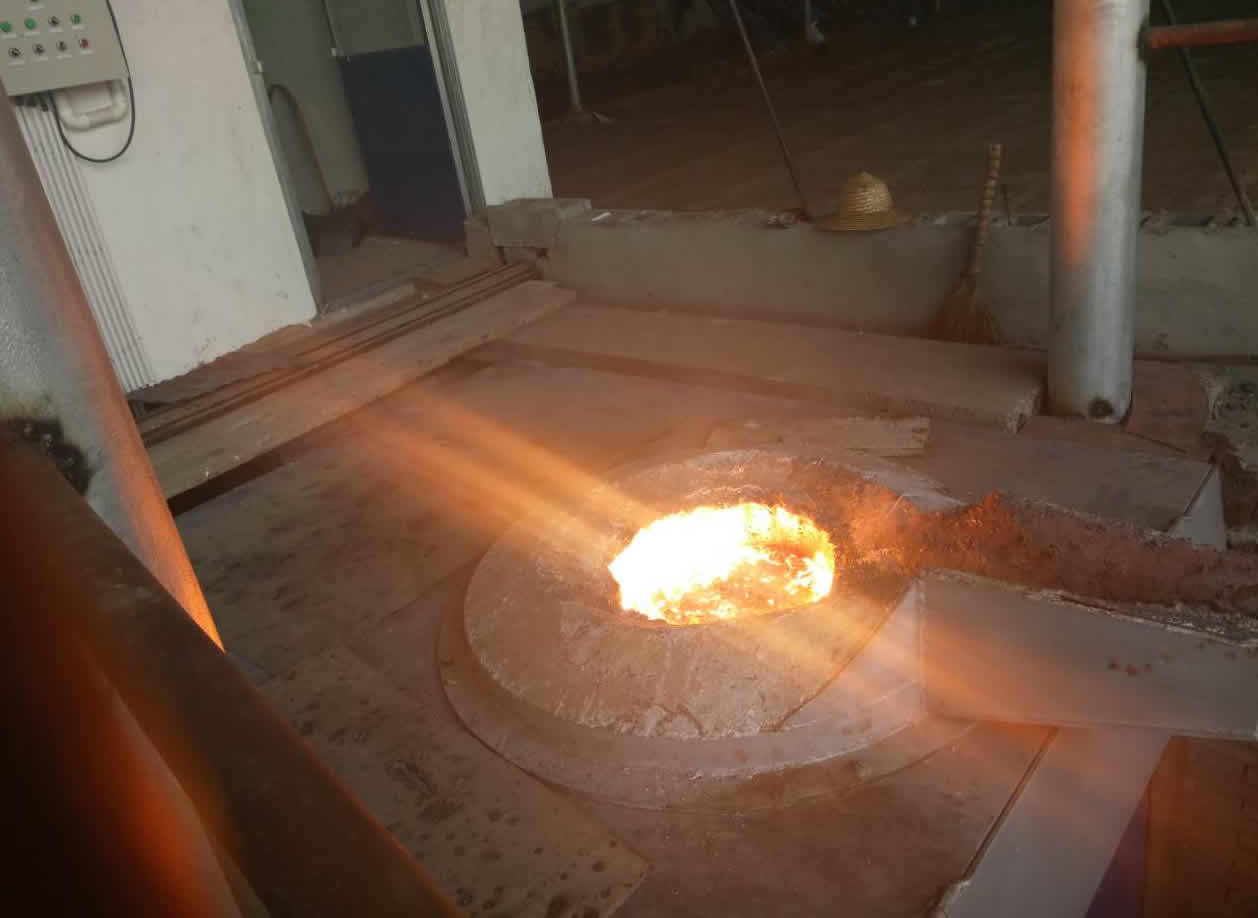
3T intermediate frequency iron melting f
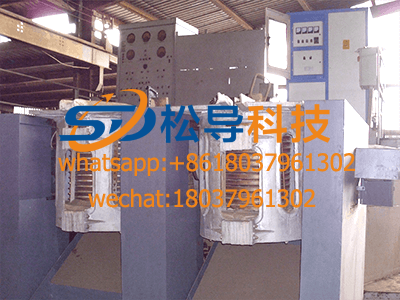
0.25T Intermediate Frequency Furnace
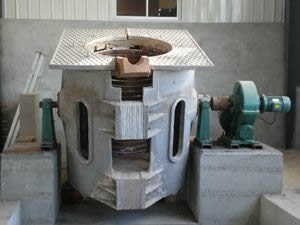
0.5T Intermediate Frequency Furnace
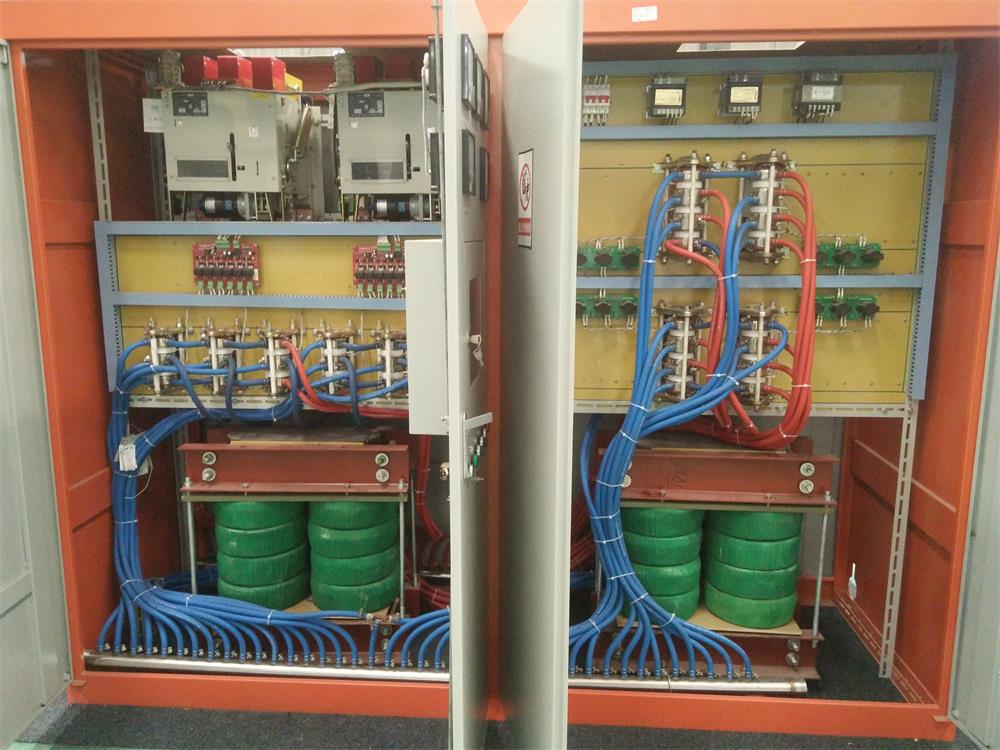
Medium Frequency Furnace

2T Induction Melting Furnace
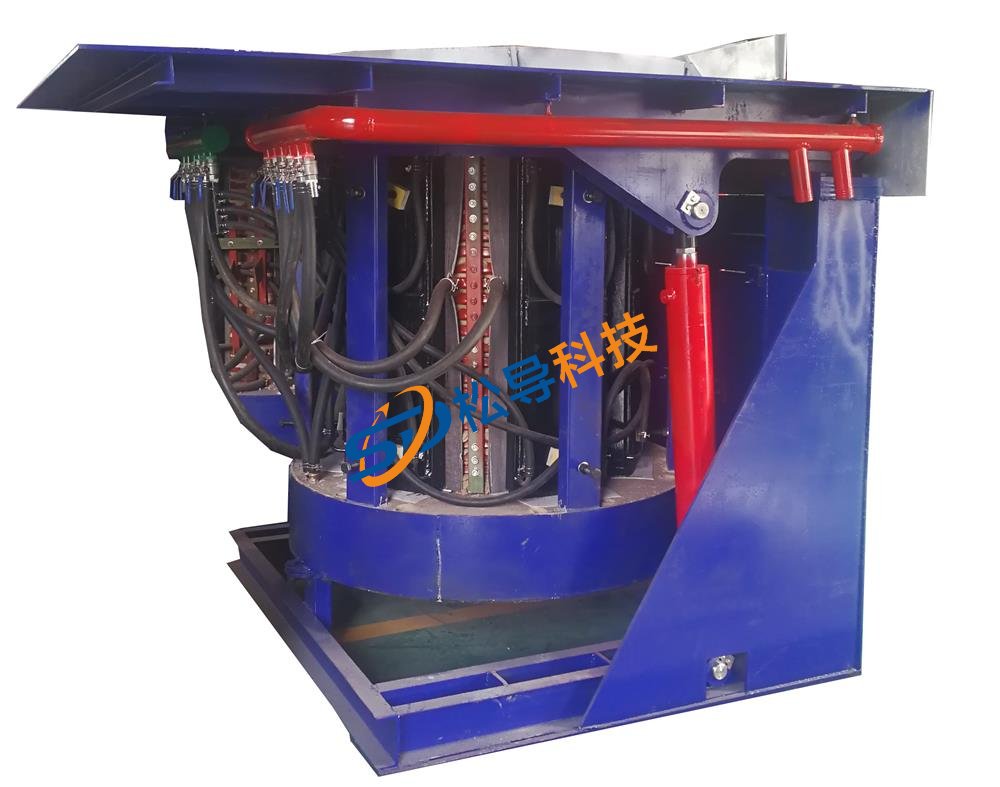
1T Induction Melting Furnace
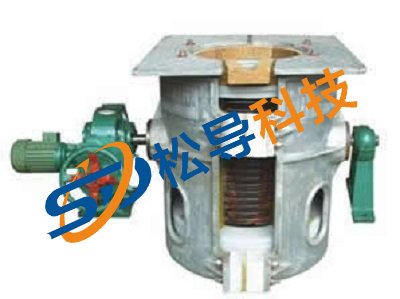
500kg Induction Melting Furnace
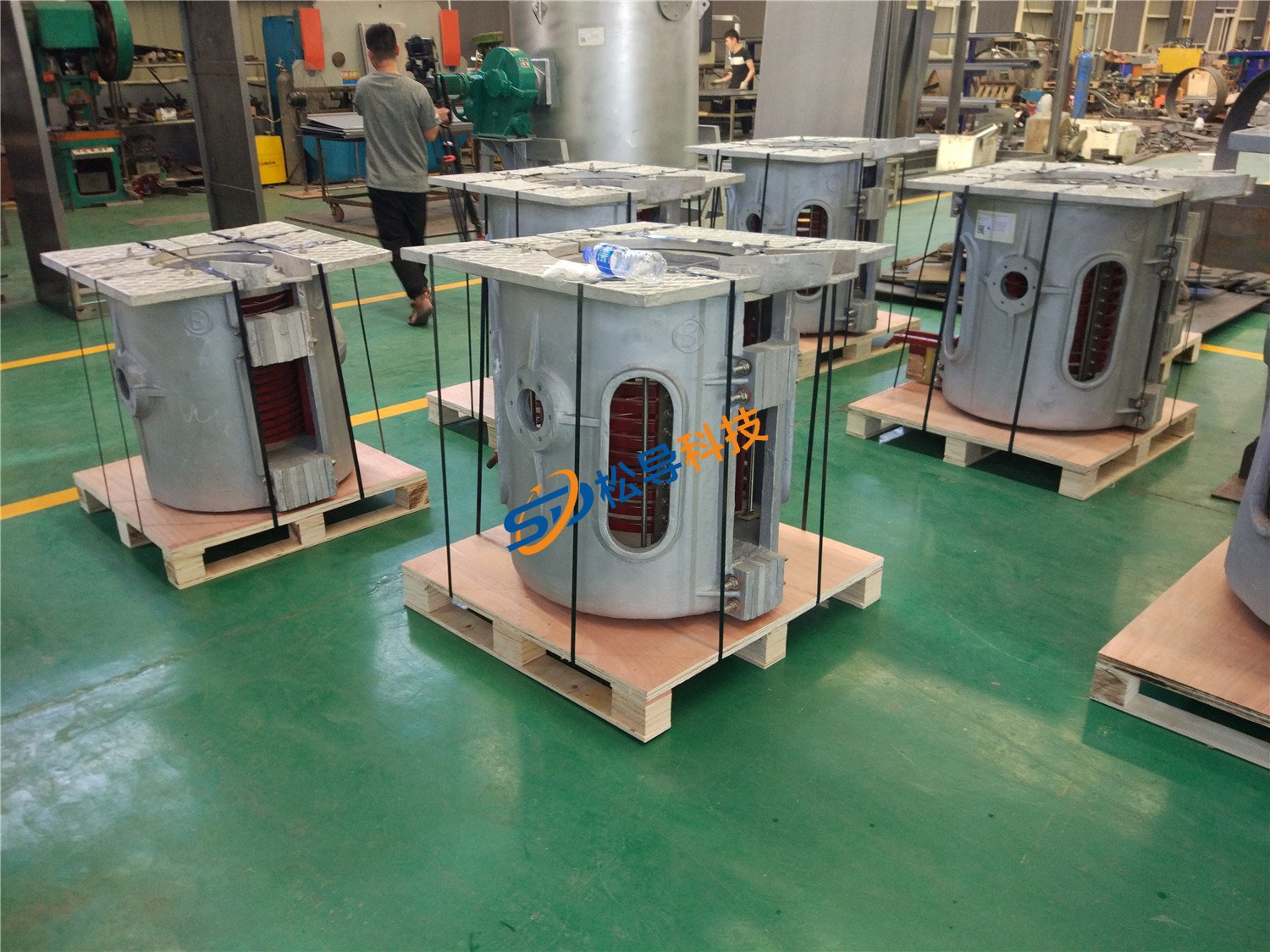
250kg Induction Melting Furnace
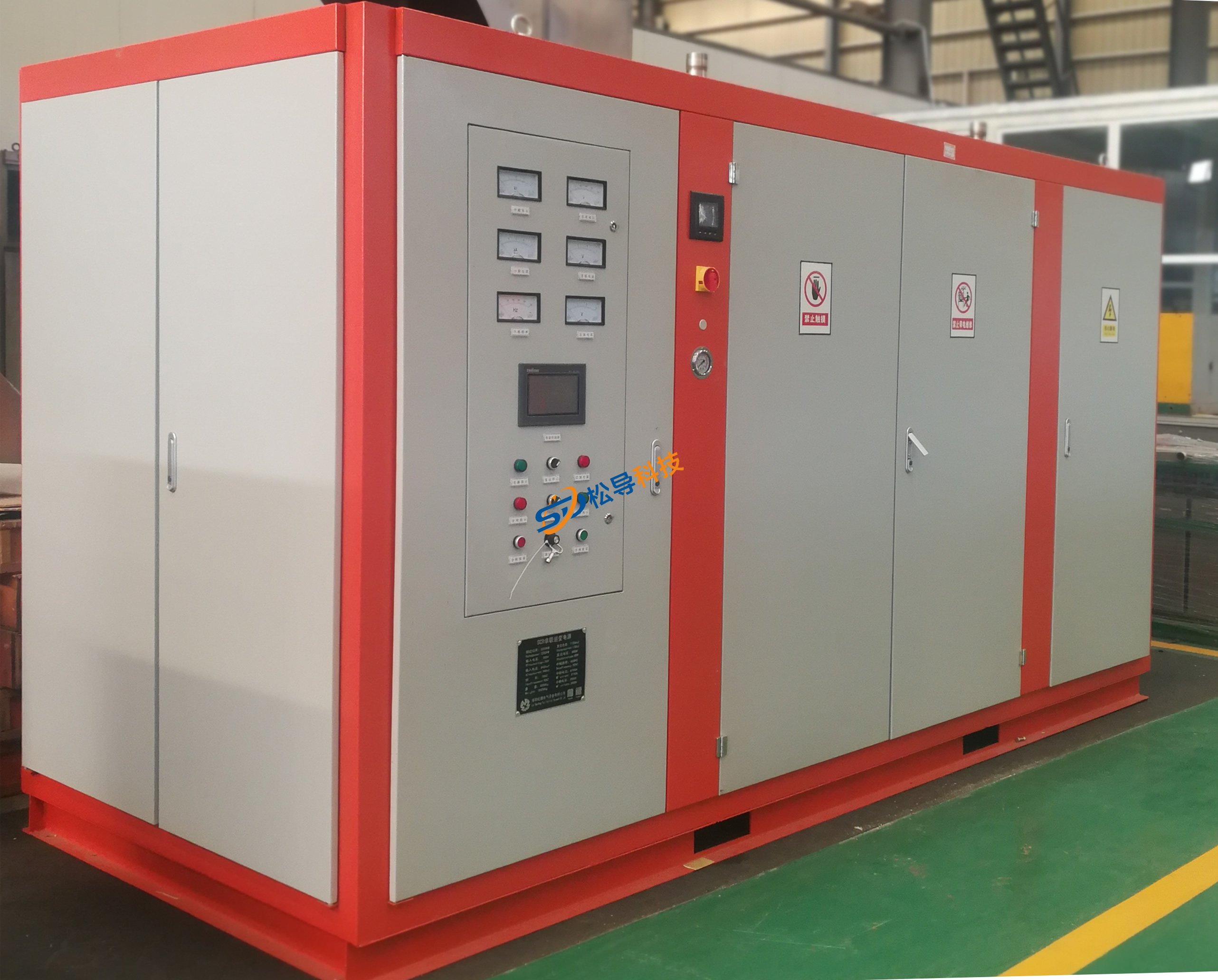
Induction Melting Furnace
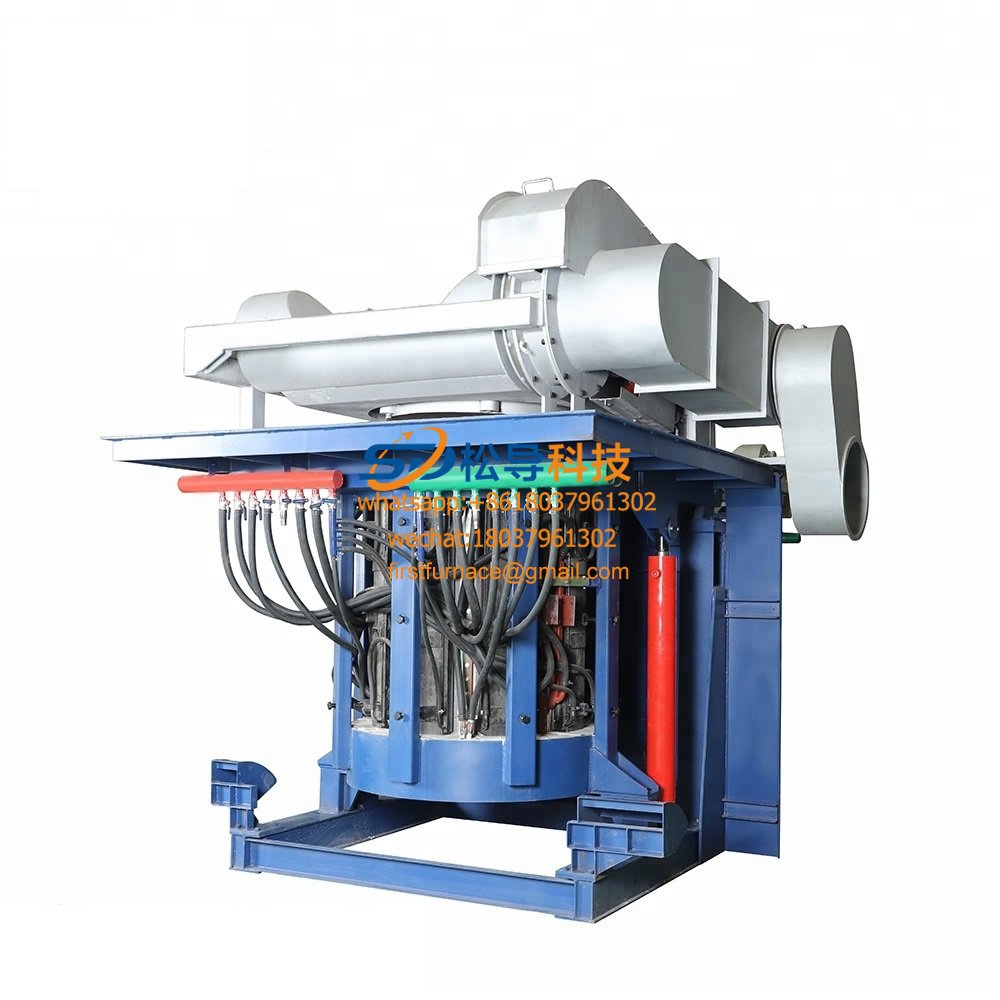
3 T Induction Melting Furnace
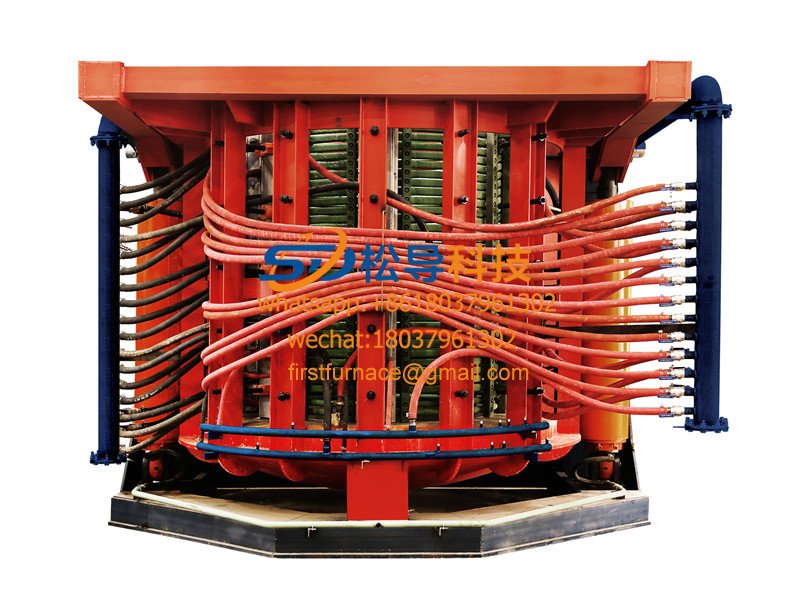
5T Induction Melting Furnace
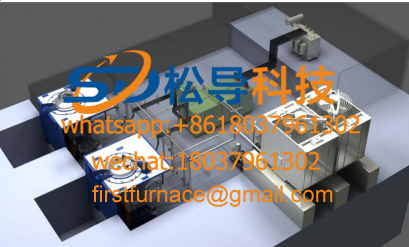
1T One Belt Two Intermediate Frequency F

5T One Belt Two Intermediate Frequency F
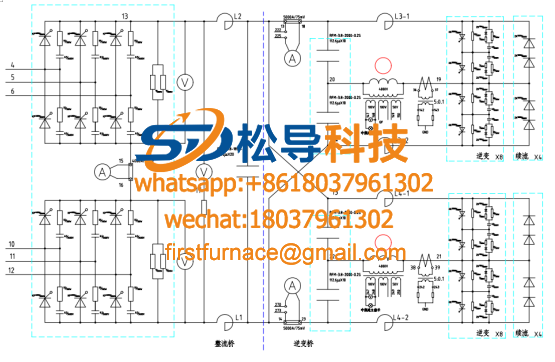
3T One Belt Two Intermediate Frequency F
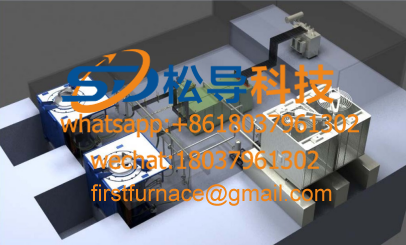
2T One Belt Two Intermediate Frequency F
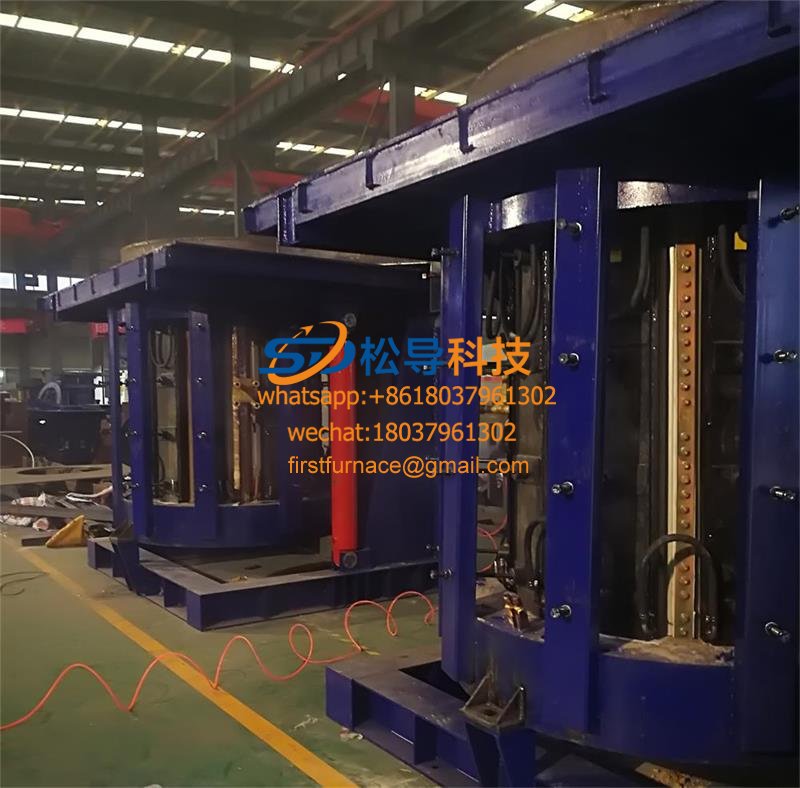
5T Parallel Intermediate Frequency Furna
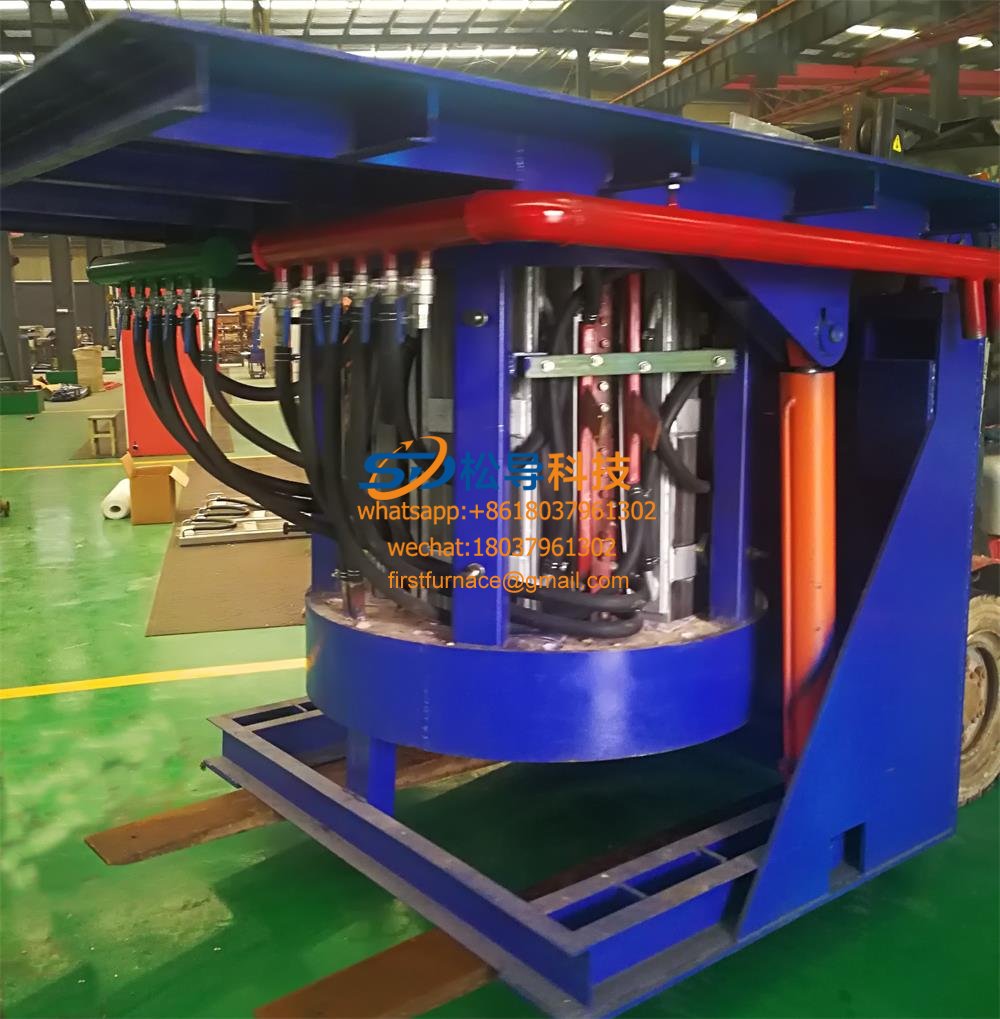
5T Intermediate Frequency Furnace

5T Series Intermediate Frequency Furnace
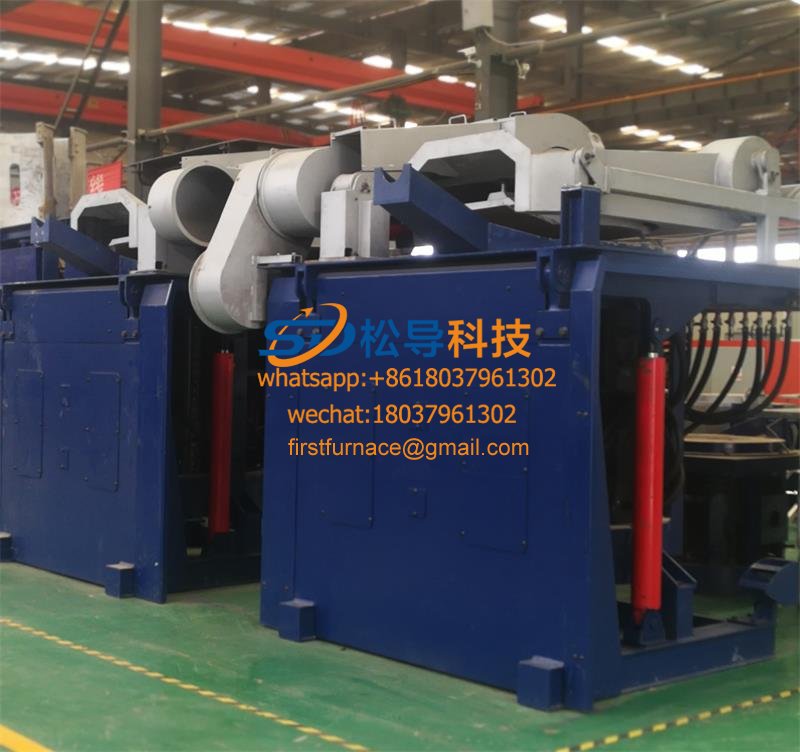
3T Series Intermediate Frequency Furnace
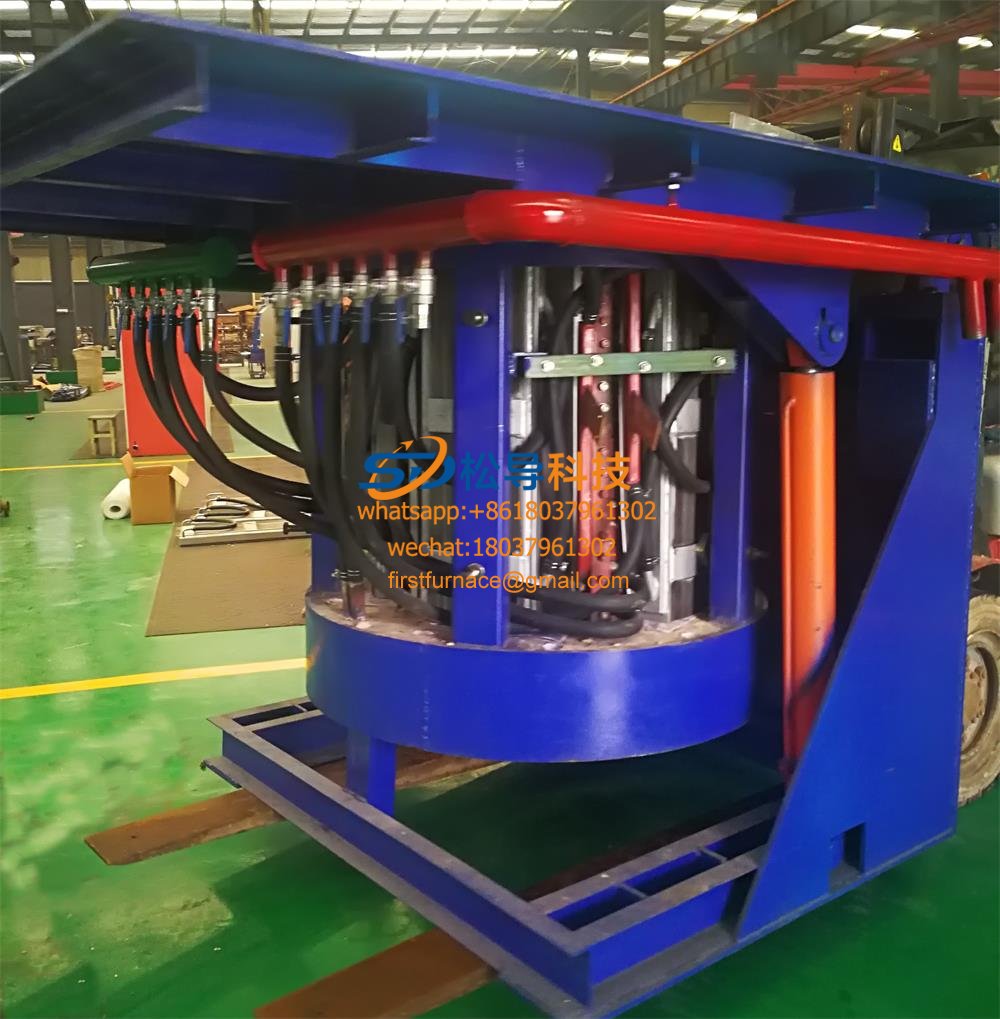
2T Series Intermediate Frequency Furnace
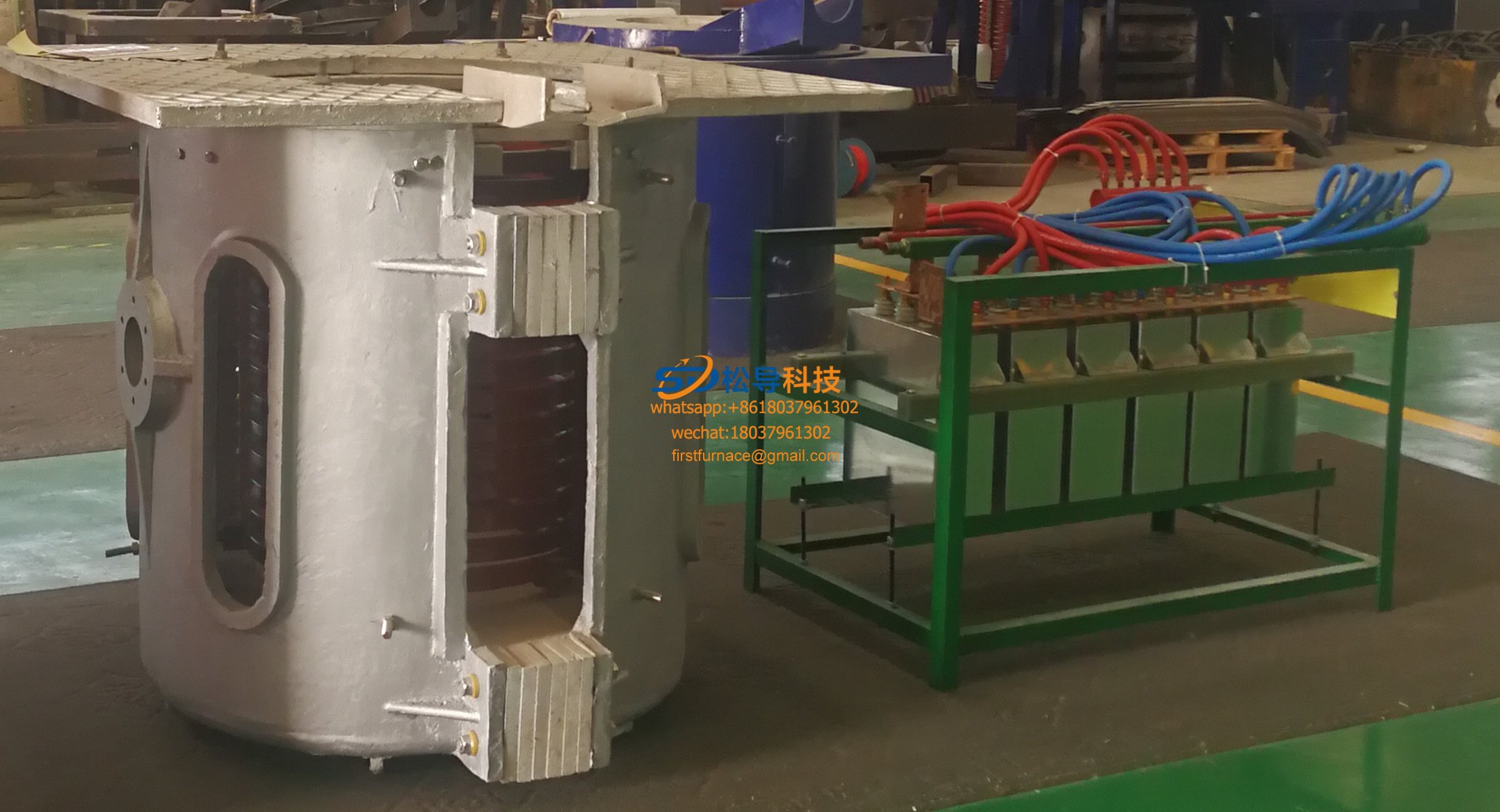
1T Series Intermediate Frequency Furnace
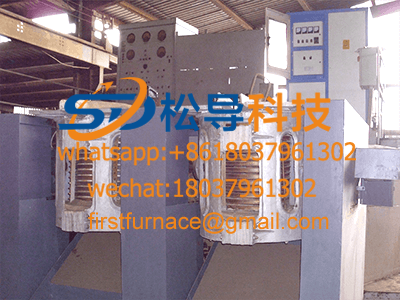
0.5T Series Intermediate Frequency Furna

0.25T Series Intermediate Frequency Furn
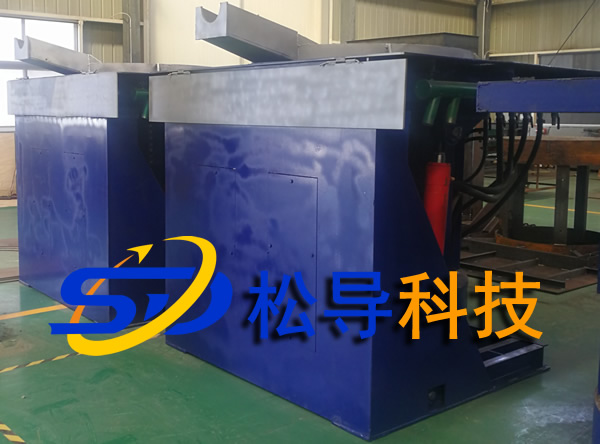
1T Parallel Intermediate Frequency Furna
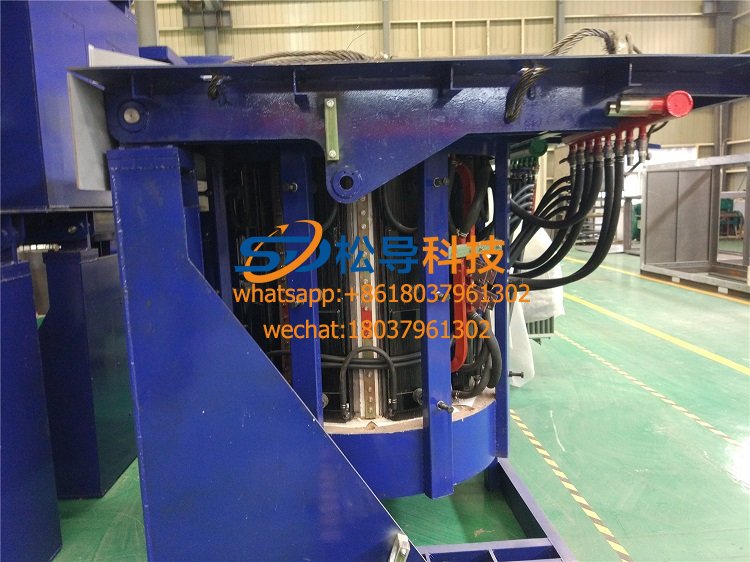
2T Parallel Intermediate Frequency Furna
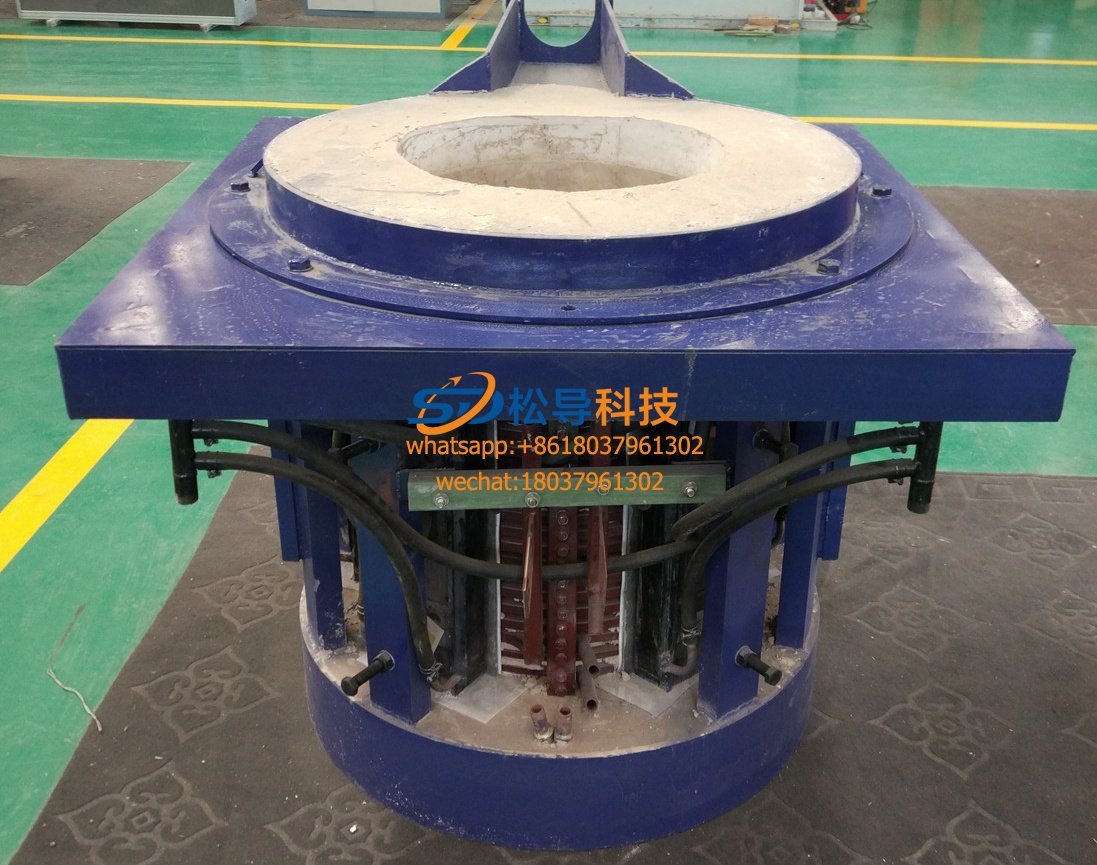
0.5T Parallel Intermediate Frequency Fur







